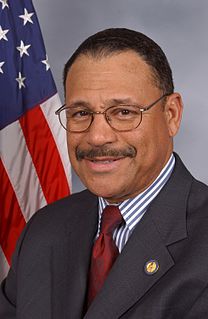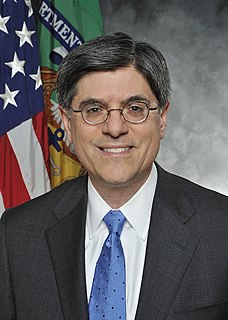A Quote by Cindy Hyde-Smith
Deficits and debt threaten the growing American economy and our national security over the long term.
Related Quotes
We have a media that goes along with the government by parroting phrases intended to provoke a certain emotional response - for example, "national security." Everyone says "national security" to the point that we now must use the term "national security." But it is not national security that they're concerned with; it is state security. And that's a key distinction.
We cannot win the future, expand the economy and spur job creation if we are saddled with increasingly growing deficits. That is why the president's budget is a comprehensive and responsible plan that will put us on a path toward fiscal sustainability in the next few years - a down payment toward tackling our challenges in the long term.
There is a lot of fiscal conservatives in the United States senate that didn't vote for that because we understand that national security spending is not the reason why we have a debt. Our debt is being driven by the way Social Security, Medicare, and Medicaid and, by the way, the interest on the debt is structured in the years to come.
Our true choice is not between tax reduction on the one hand and the avoidance of large federal deficits on the other. It is increasingly clear that no matter what party is in power, so long as our national security needs keep rising, an economy hampered by restrictive tax rates will never produce enough revenues to balance our budget, just as it will never produce enough jobs or enough profits.
































